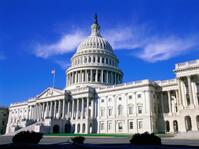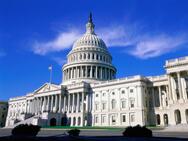- Membership Resources
- State Chapters
- Education/Events
-
Advocacy/Policy
- Home Care Workforce Crisis: An Industry Report and Call to Action
- Advocacy Fund
- State of Home Care: Industry at Crossroads
- Home Care Workforce Action Alliance
- Caring for Seniors: Value of Home Care
- Home Care by the Numbers
- Issues & Positions
- Legislative Action Network
- State Legislation Tracker
- Federal Legislation Tracker
- 2024 National Advocacy Day
- About HCAOA
- Find a Job
0 Comments
 Overall, the number of Medicare Advantage plans offering at least one of five recently expanded supplemental benefits – including home care – jumped 43% (575 to 824) from 2021 to 2022, while the number of plans offering more than one benefit increased 15% (175 to 202). A new brief released last week by Better Medicare Alliance (BMA) and prepared by the actuarial consulting firm Milliman highlights the continued expansion of supplemental benefits in Medicare Advantage for Contract Year 2022.  At the same time OSHA released its ETS on vaccine mandates last week, the Centers for Medicare & Medicaid Services (CMS) issued an interim final rule requiring vaccines for all health care workers participating in Medicare and Medicaid programs. The rule comes just weeks after CMS’ new rule requiring vaccinations for nursing home employees, and extends similar requirements to a wide array of healthcare industry employees. The deadline to comply is January 4, 2022 – the same as the compliance requirement for the OSHA ETS.
Click here to learn more from Littler.  Last week, President Biden announced that a compromise was reached for the framework for his “Build Back Better Plan.” Sadly, the Credit for Caring Act, which would have provided a tax credit to families caring for loved ones at home, was not included as the White House and Democratic Leadership were forced to trim more than $1.5 billion from the plan. The provision was included in the House Ways & Means Committee plan passed by the Committee in early September.  HCAOA urges all members to send a message right now to their Representatives and Senators telling them it’s time to support the 43 million family caregivers in the U.S. by providing a tax credit for caregiving expenses. Click here to visit the HCAOA online legislative action center, enter your address, and the message is already written – just click send.
 HCAOA partnered this week with the Better Medicare Alliance and more than 50 senior health organizations to send a letter to House Speaker Nancy Pelosi and Senate Majority Leader, Chuck Schumer to thank Congress for taking steps to protect Medicare Advantage beneficiaries when adding new benefits, such as dental, vision and hearing benefits, and encouraging lawmakers to keep this language in the final bill. Last week, President Biden announced vaccine mandates for workers in “most health care settings” that receive Medicare or Medicaid reimbursement. This includes hospitals, dialysis facilities, ambulatory surgical settings, and home health agencies. HCAOA continues to monitor this development and those of various states to determine the impact on home care agencies providing personal care.  As many HCAOA members know, the Medicare Advantage landscape is changing quickly! Health plans can now offer additional supplemental benefits and services that are not primarily health-related and that target beneficiaries with certain chronic conditions. These changes led to a dramatic increase in plan activity to address social needs and prompted new business and technology innovations. To further dive into the changes happening surrounding social determinants of health (SDOH) or “the non-medical factors that influence health outcomes,” last week Better Medicare Alliance released a new study conducted by NORC at the University of Chicago that outlines the many ways Medicare Advantage is taking action to address social determinants of health while acknowledging the barriers that still remain, and offering solutions for reform. New PHI Report Offers 50 Recommendations to the White House & Congress About Direct Care Workforce7/28/2021  PHI recently released a report, Federal Policy Priorities for the Direct Care Workforce, offering detailed federal policy recommendations to strengthen the direct care workforce across eight key areas: financing, compensation, training, workforce interventions, data collection, direct care worker leadership, equity, and the public narrative. COVID-19 put the direct care workforce in the spotlight more than ever before - reinforcing the value of these workers. CMS Announces Daniel Tsai as Deputy Administrator & Director, Center for Medicaid & CHIP Services7/14/2021  Daniel Tsai has been named the new CMS Deputy Administrator and Director of the Center for Medicaid and CHIP Services. In this role, Tsai will be responsible for leading CMS efforts around health equity and serving vulnerable populations, including seniors. Prior to his appointment, Tsai served as the Assistant Secretary for MassHealth (the Massachusetts Medicaid and the Children’s Health Insurance Program) and as Medicaid Director at the Commonwealth of Massachusetts.  This week, the Better Medicare Alliance announced Mary Beth Donahue as the next President and CEO of the organization. Donahue previously served in the U.S. Department of Health and Human Services, serving as Chief of Staff to HHS Secretary Donna E. Shalala during the critical early days of Medicare Advantage as “Medicare+Choice.”  Last week, CMS announced it would offer an additional payment of $35 per dose for providers administering in-home COVID-19 vaccinations to Medicare beneficiaries. There are approximately 1.6 million adults 65 or older who may have trouble accessing COVID-19 vaccinations because they have difficulty leaving home. For agencies who also do home health, training before vaccine administration is important for all staff. In the several years since CMS permitted Medicare Advantage plans to offer home care as a supplemental benefit, HCAOA has been encouraging members to keep this on their radar as a potential new source for revenue. It’s been a slow start, but today 296 Medicare Advantage plans cover home care - and that number is growing. The time is NOW for home care agencies to develop an action plan to get involved with these networks and open up a whole new revenue stream.
|
Archives
July 2024
Categories
All
Upcoming Events |
|
Phone: 202-519-2960 | 444 N. Capitol Street NW, Suite 428 | Washington, DC 20001
[email protected] | sitemap © 2024 Home Care Association of America. All Rights Reserved. | Privacy Policy | Refund Policy |
|




 RSS Feed
RSS Feed
